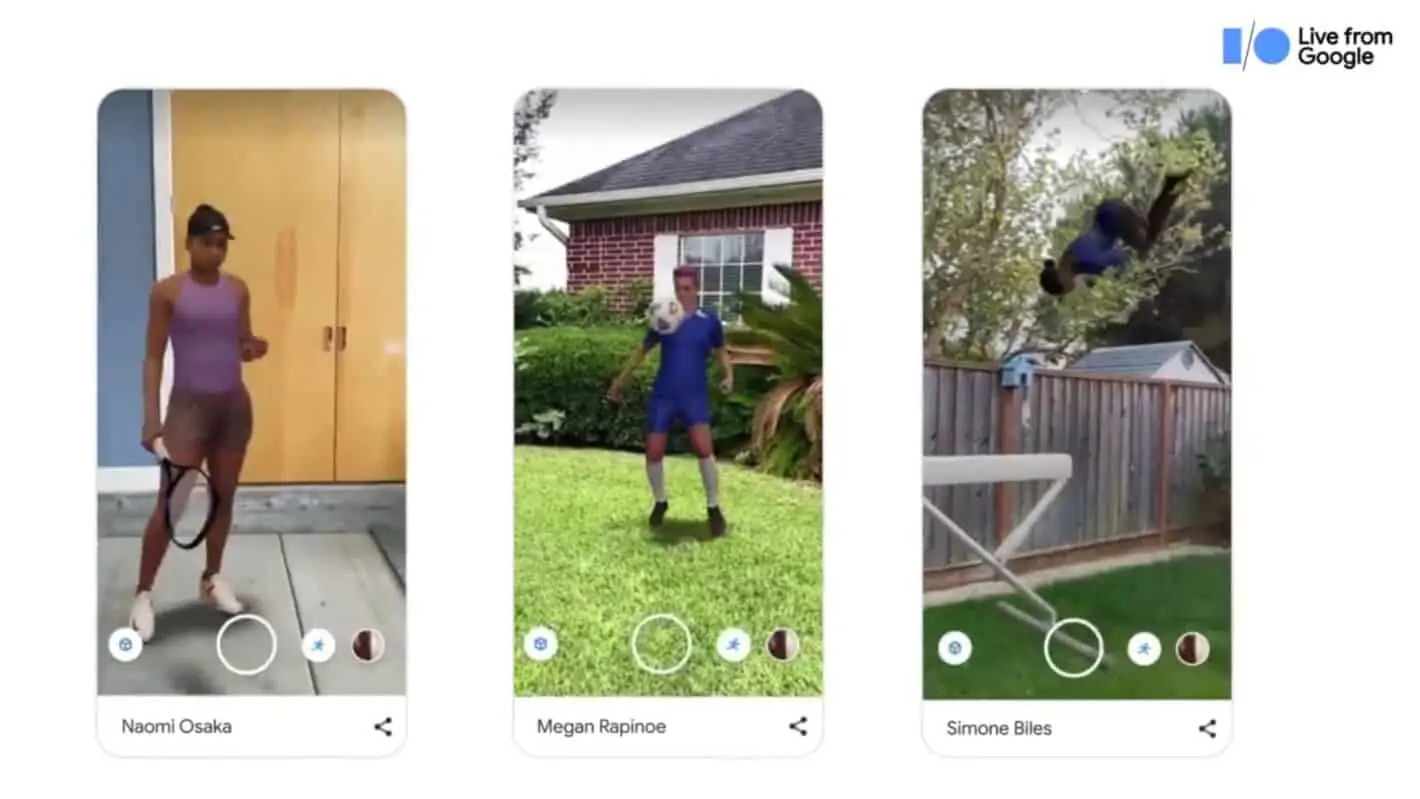The International Olympic Committee (IOC) stepped back on Thursday and decided to release images and videos of athletes’ protests on its official channels and social networks. The change came after negative repercussions caused by the silence of these channels regarding the anti-racist protests carried out by women’s soccer teams on Wednesday.
The teams from Great Britain, Chile, United States, Sweden, and New Zealand all knelt on the lawn before the start of their matches, already valid for the Olympic Games in Tokyo – the first sporting events started on Tuesday, although the opening ceremony only takes place on Friday. The team from Australia displayed a flag in reference to indigenous peoples.
These images were excluded from the official material provided by the IOC to press vehicles that were unable to broadcast the matches. They also did not appear on official IOC social networks, despite having gained strong repercussions on unofficial networks around the world.
According to British newspaper The Guardian, the IOC and the organizers of the Tokyo Games had decided to ban the posting of photos of athletes kneeling during the event on their official profiles. The decision, however, was eventually revoked on Thursday, after the negative repercussion caused by the organisation’s silence regarding the protests.
The anti-racist protests made world news because it was the first time that demonstrations of this kind had been held during an Olympics with the permission of the IOC. This was only possible because of changes made to Rule 50 of the Olympic Charter that vetoed political demonstrations during the Games.
The flexibilization of the rule allows protests of this type, which have been taking place in different championships and modalities in recent months, provided they are made before the start of games and disputes. Demonstrations during ceremonies or on the podium continue to be banned, with various punishments foreseen.

